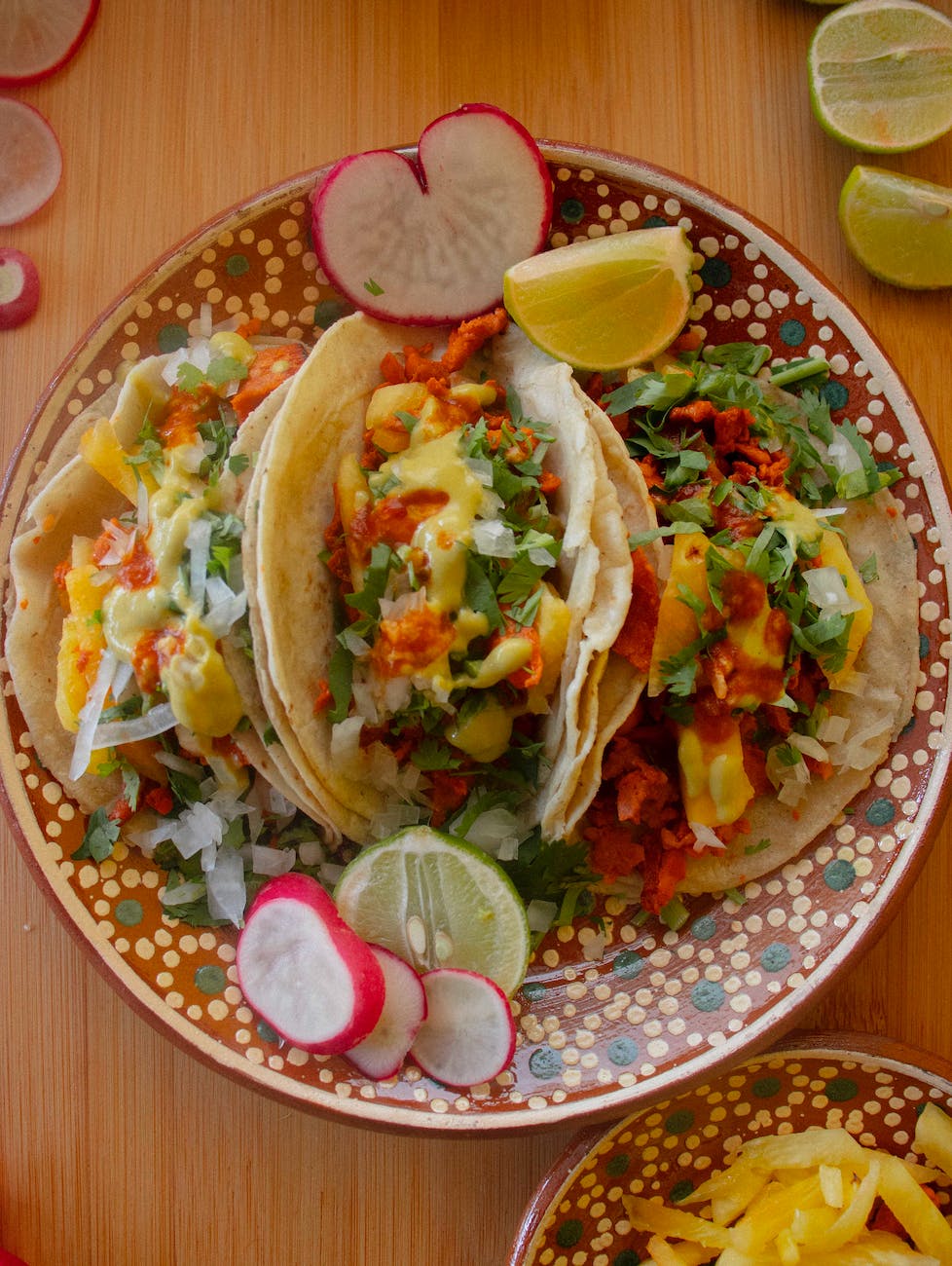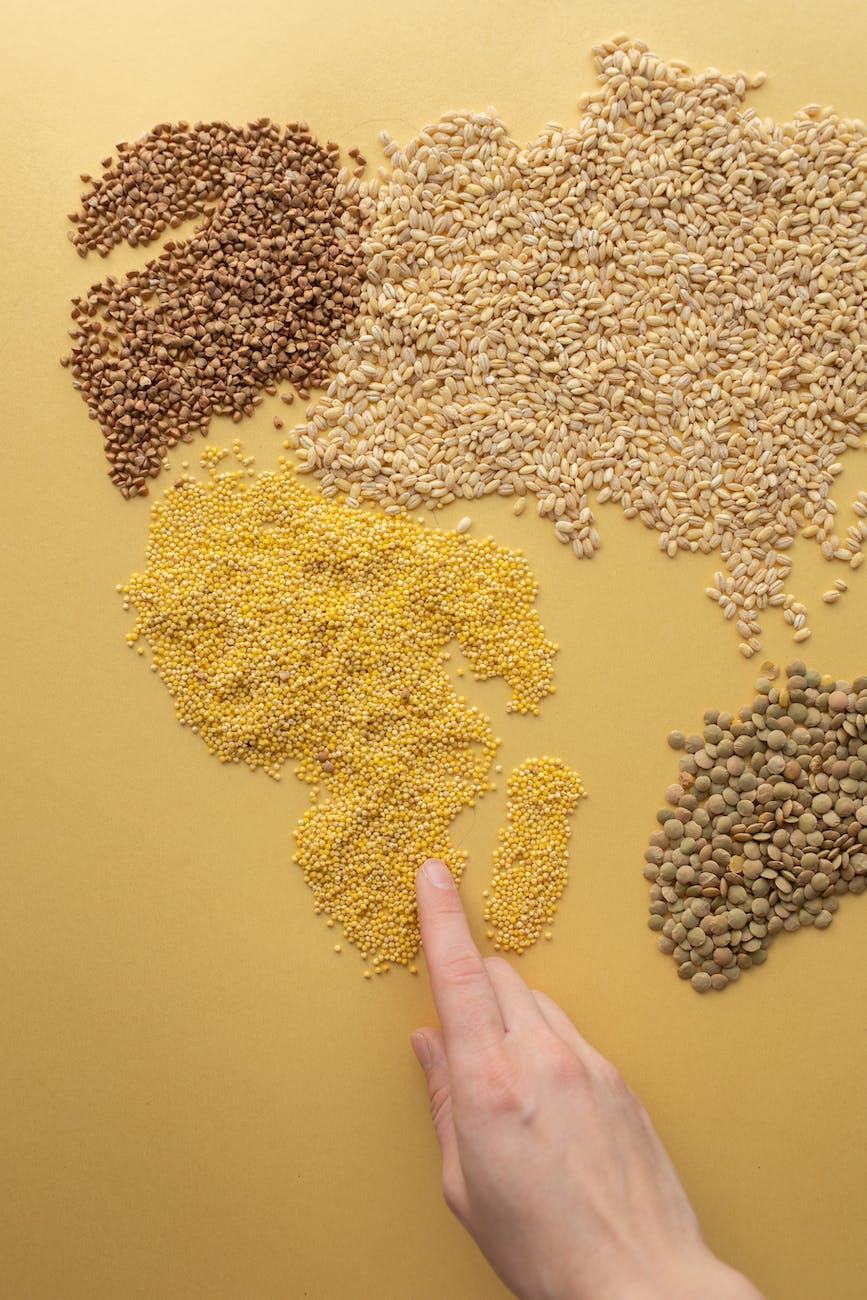
Hello, Eatlo community! 🍽️👋 We’re back with another exciting video for all the vegan and vegetarian foodies out there. This time, we’re bringing you a fantastic recipe from The Pot Thickens, titled “Washed Flour Seitan Recipe from Start to Finish | Viral TikTok Vegan Chicken”. 🌾🍗
About The Pot Thickens 🎥🍴
The Pot Thickens is a fantastic platform that features a plethora of vegan and vegetarian recipes, cooking tips, and food hacks. Their mission is to make plant-based cooking accessible, fun, and delicious. In this video, they take us through the process of making seitan from scratch using the washed flour method, a technique that has recently gone viral on TikTok and YouTube.
The Magic of Seitan 🌾🍗
Seitan, also known as wheat meat, is a popular meat substitute made from wheat protein. It’s been used for centuries in Asian cuisine and is now gaining popularity worldwide, especially among vegans and vegetarians. The washed flour method of making seitan involves extracting the protein from wheat flour, resulting in a product with a texture and flavor that many find superior to seitan made from processed vital wheat gluten.
The Recipe 📝🍗
The recipe starts with making a dough from flour and water, which is then kneaded and left to rest. The dough is then washed multiple times to remove the starch, leaving behind the gluten. The gluten is then stretched, braided, and knotted to create a tight bundle of gluten fibers.
The bundle is then simmered in a flavorful braising liquid for about an hour. After simmering, the seitan is left to rest and chill in the braising liquid overnight. This process results in a firm, meat-like product that can be shredded, sliced, or cut into chunks for use in various recipes.
Join the Conversation! 🗣️👥
This video is a must-watch for anyone interested in plant-based cooking and looking for a versatile meat substitute. The recipe is detailed, easy to follow, and results in a delicious, meat-like product that can be used in a variety of dishes.
Don’t forget to join our Facebook community for more discussions on food, recipes, and well-being. We’d love to hear your thoughts on this video and any experiences you’ve had with making homemade seitan. See you there! 😊













